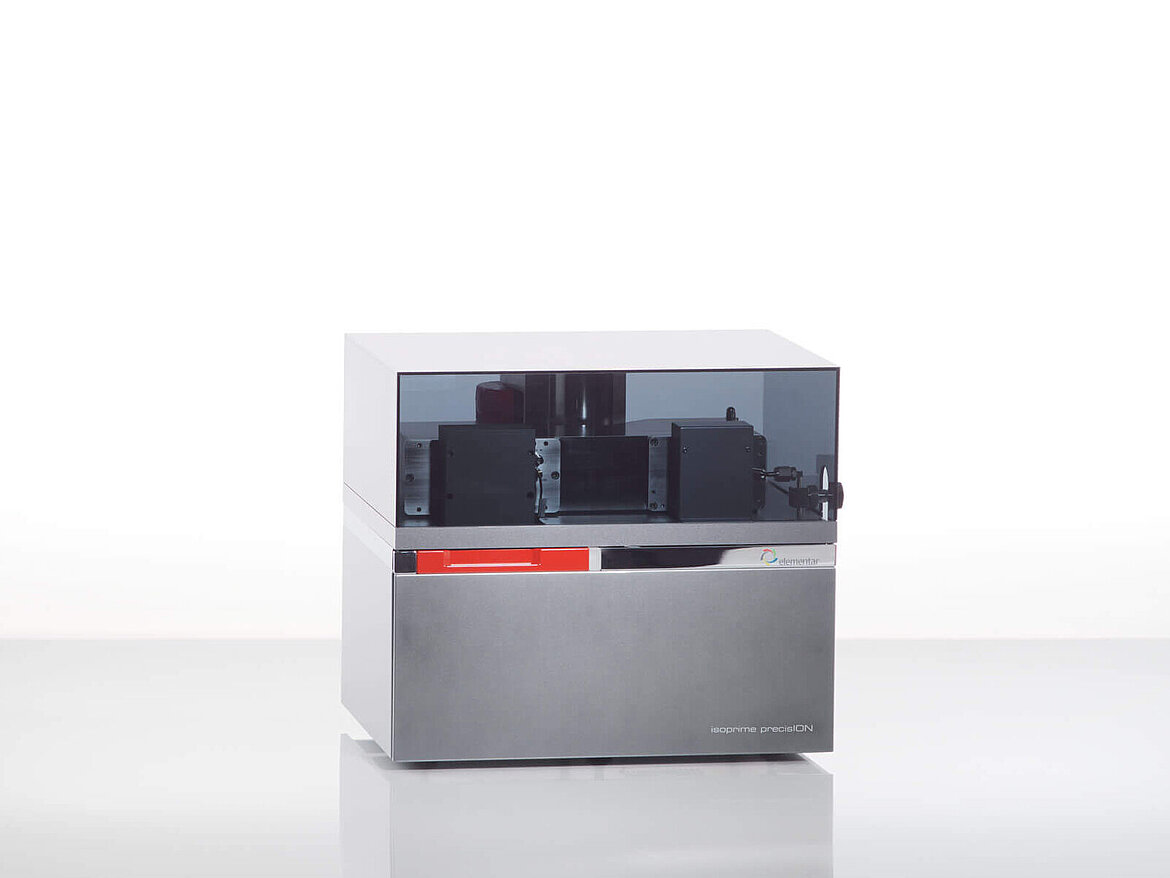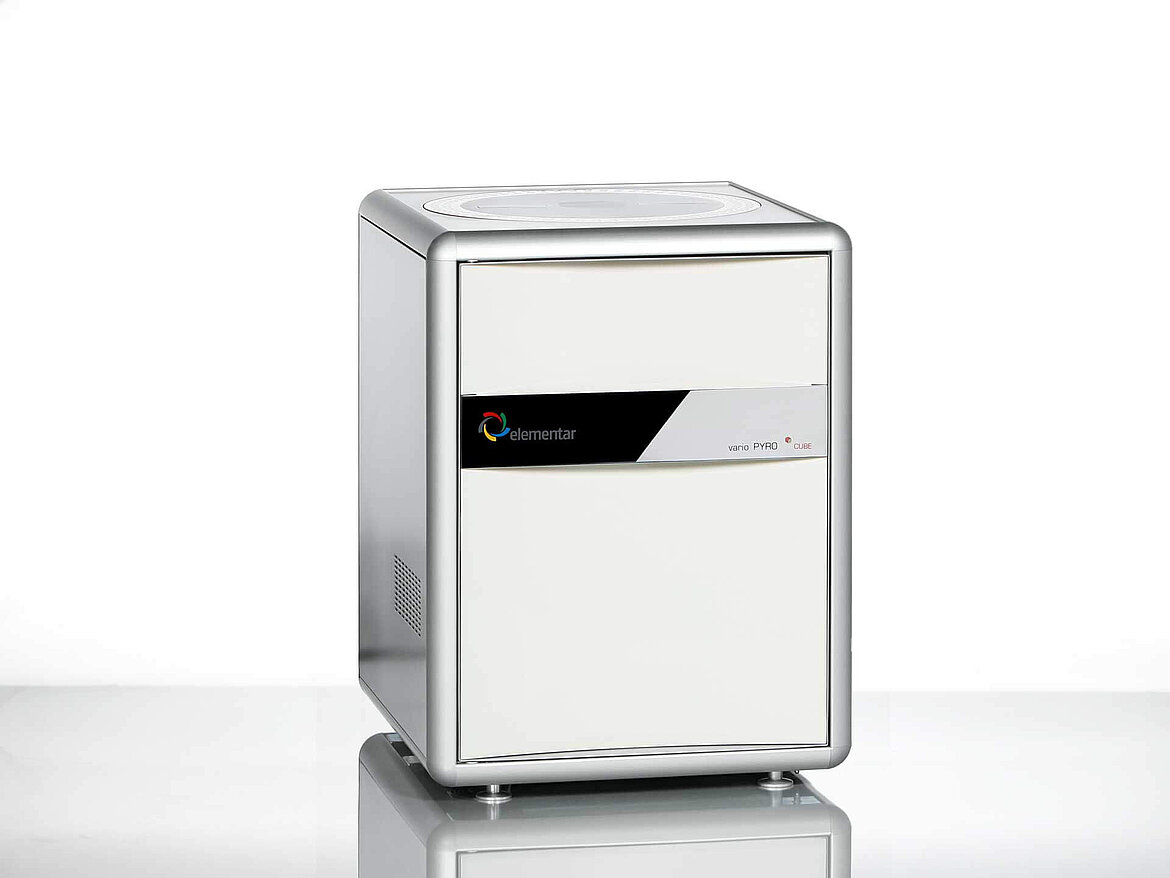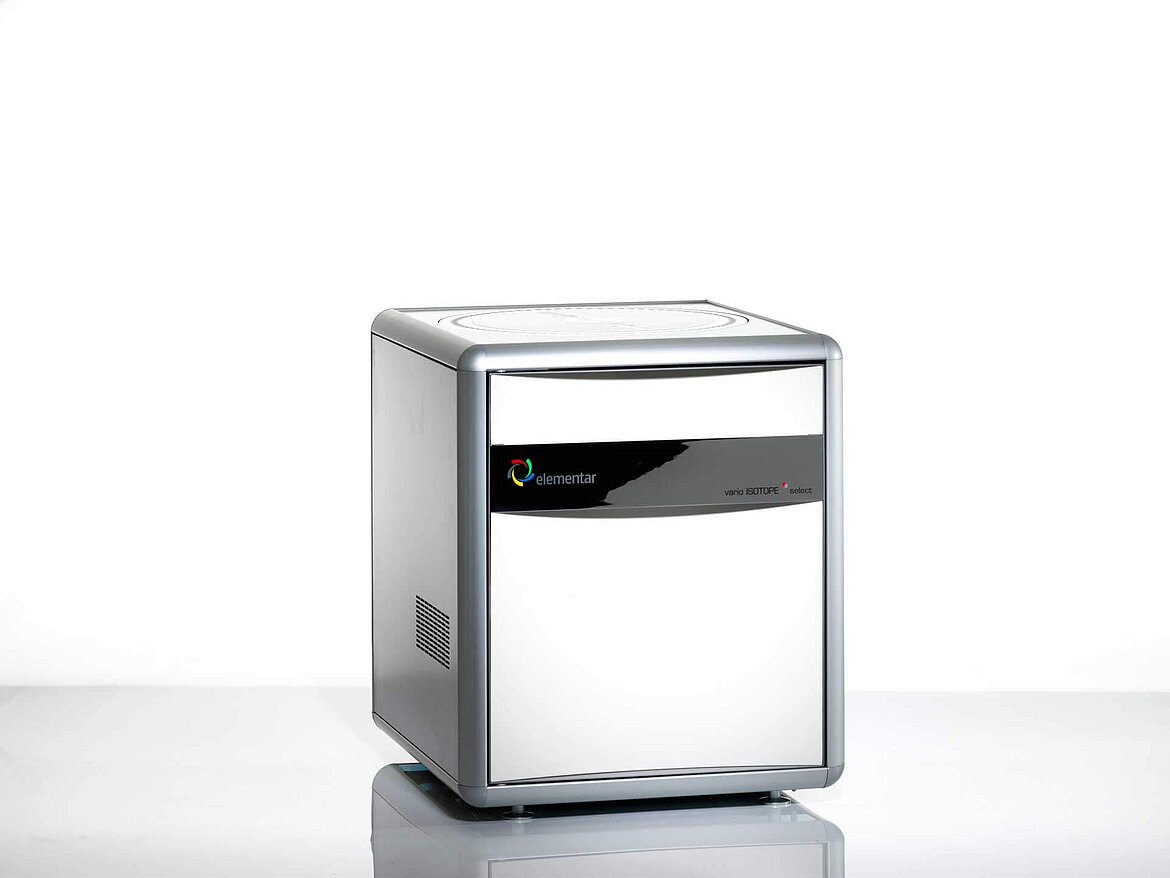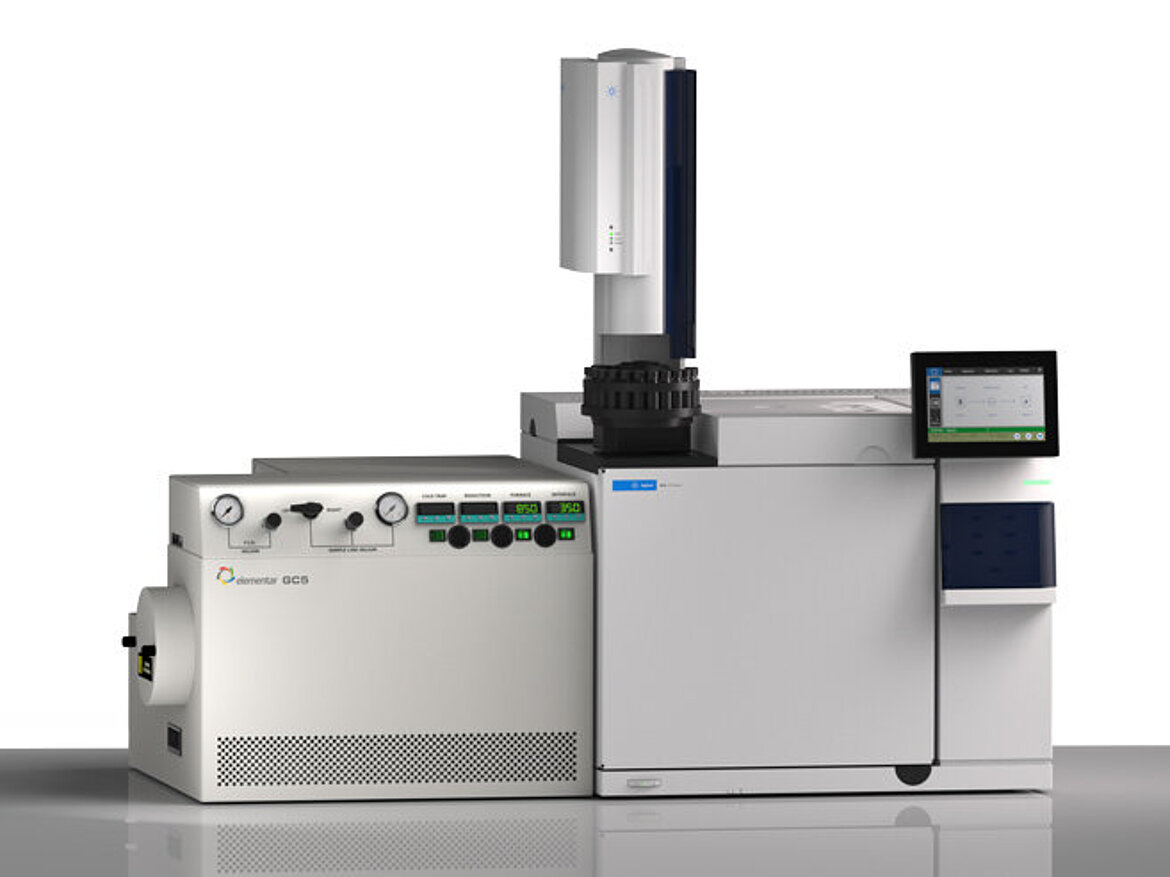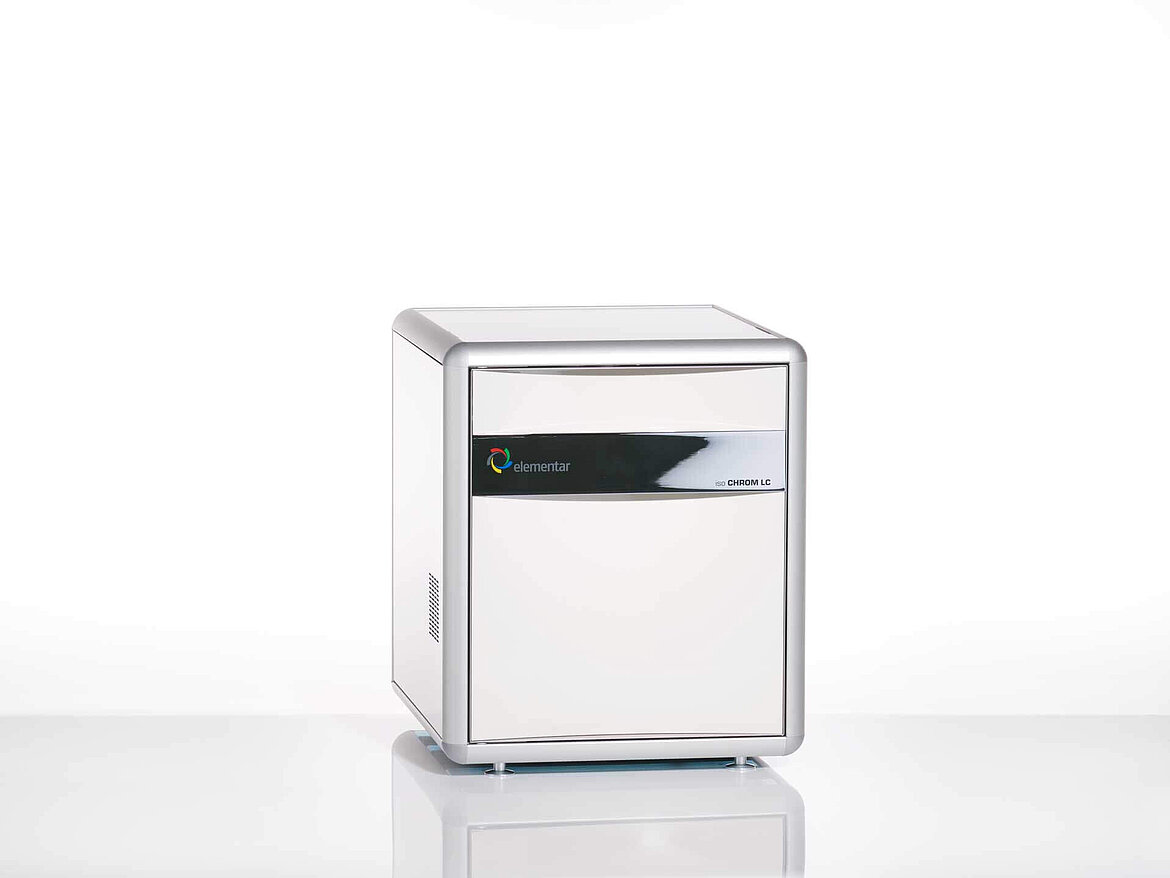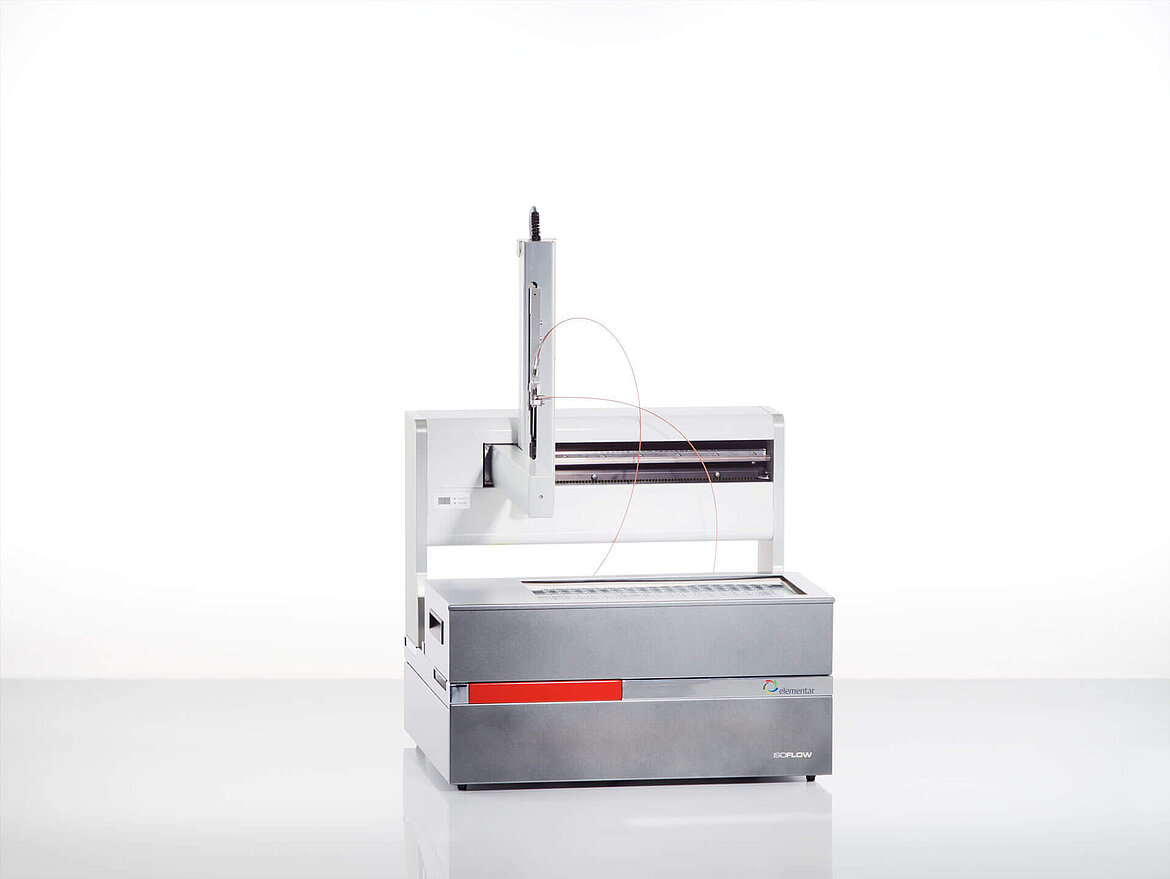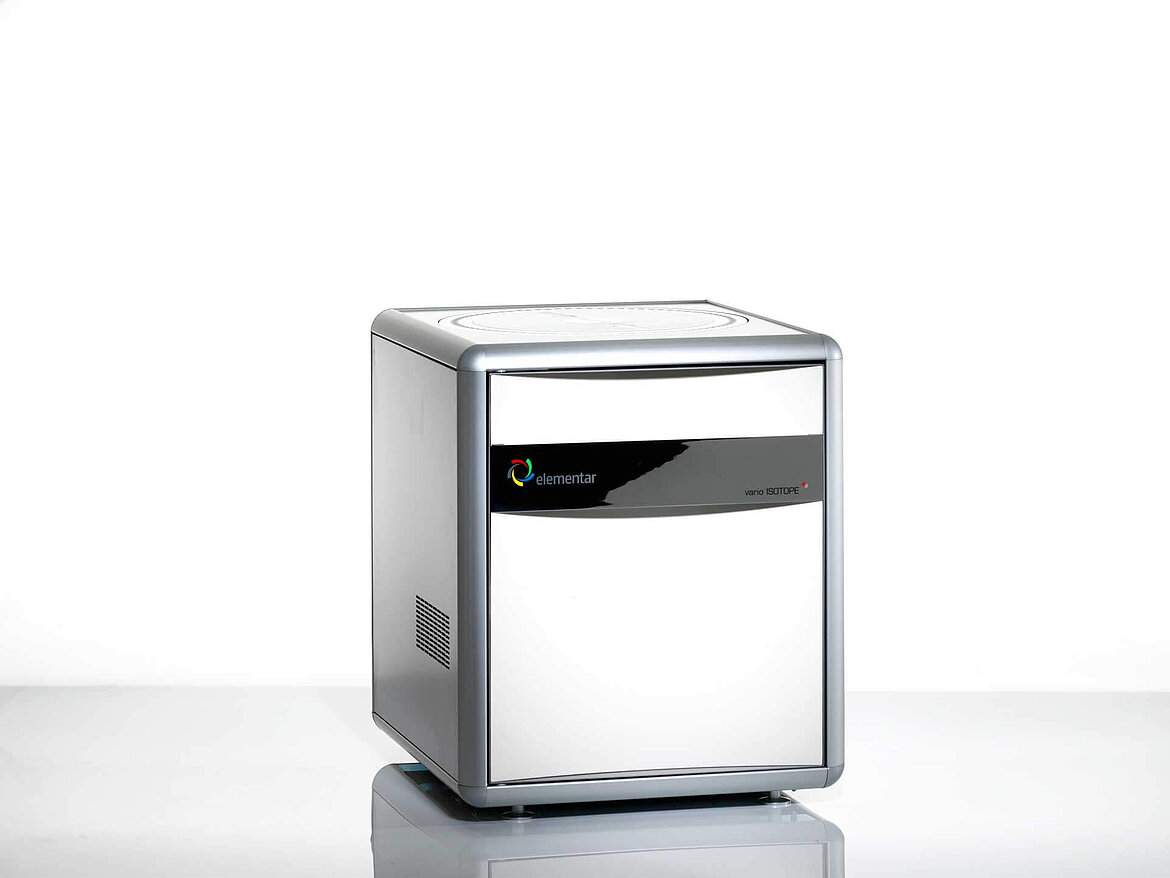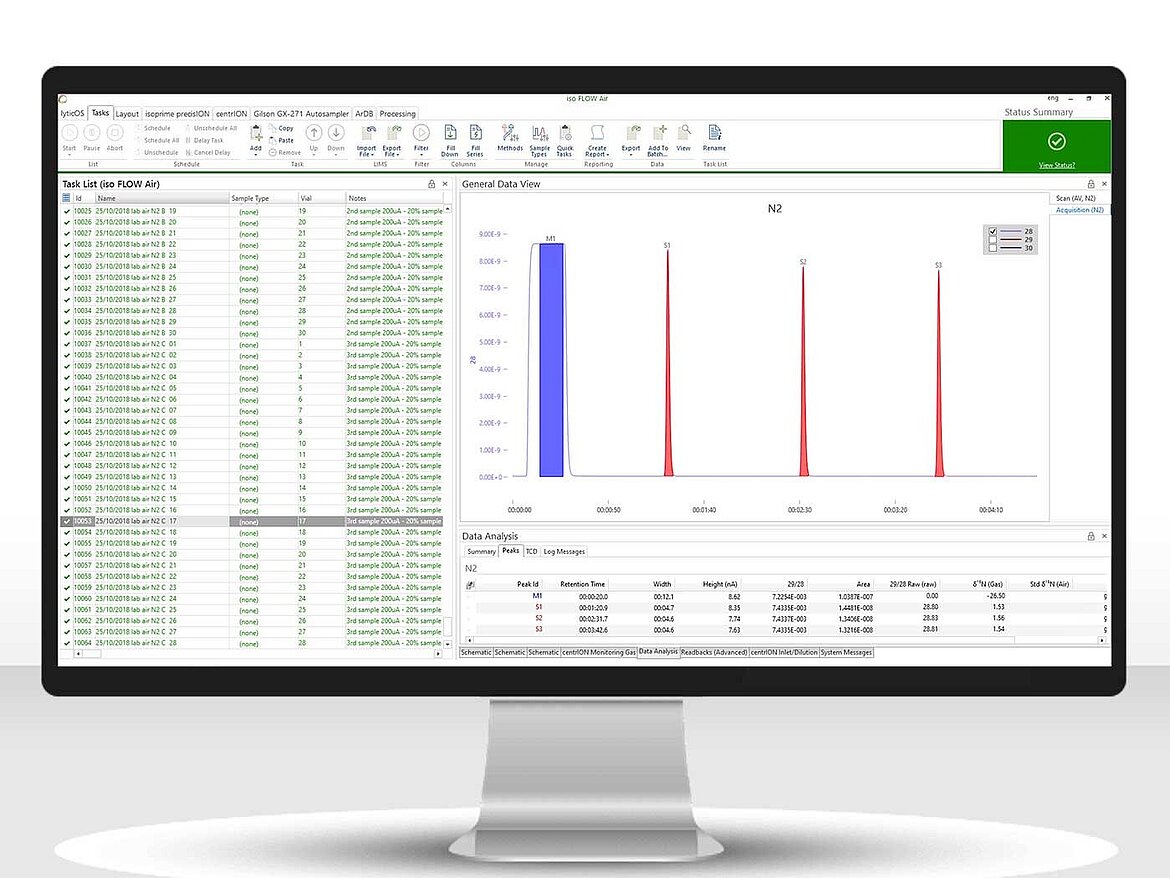The Technical Centre of Food Inspection and Quarantine at Shenzhen Customs is using an isoprime precisION IRMS to reveal food adulteration and incorrect labelling
Dr Wu Hao is a Senior Engineer working at the Technical Centre of Food Inspection and Quarantine at Shenzhen Customs, China and is responsible for the legal inspection of imported and exported food stuffs such as wine and honey. These goods are premium products and are therefore highly susceptible to fraudulent activity such as adulteration or incorrect labelling. Dr Wu and his team investigate these goods as they move through the major shipping port in Shenzhen, China.
The Port of Shenzhen is the third biggest port in the world and is one of the fastest growing putting ever larger demand on the laboratories. The Food Inspection and Quarantine laboratories have an important task to detect fraudulent materials and remove them from the market protecting Chinese and global consumers. Because of this, the laboratory has a high demand for fast sample analysis and to ensure that it can keep pace with the movement of goods, Dr Wu has recently overseen the installation of a large range of new IRMS equipment from Elementar.
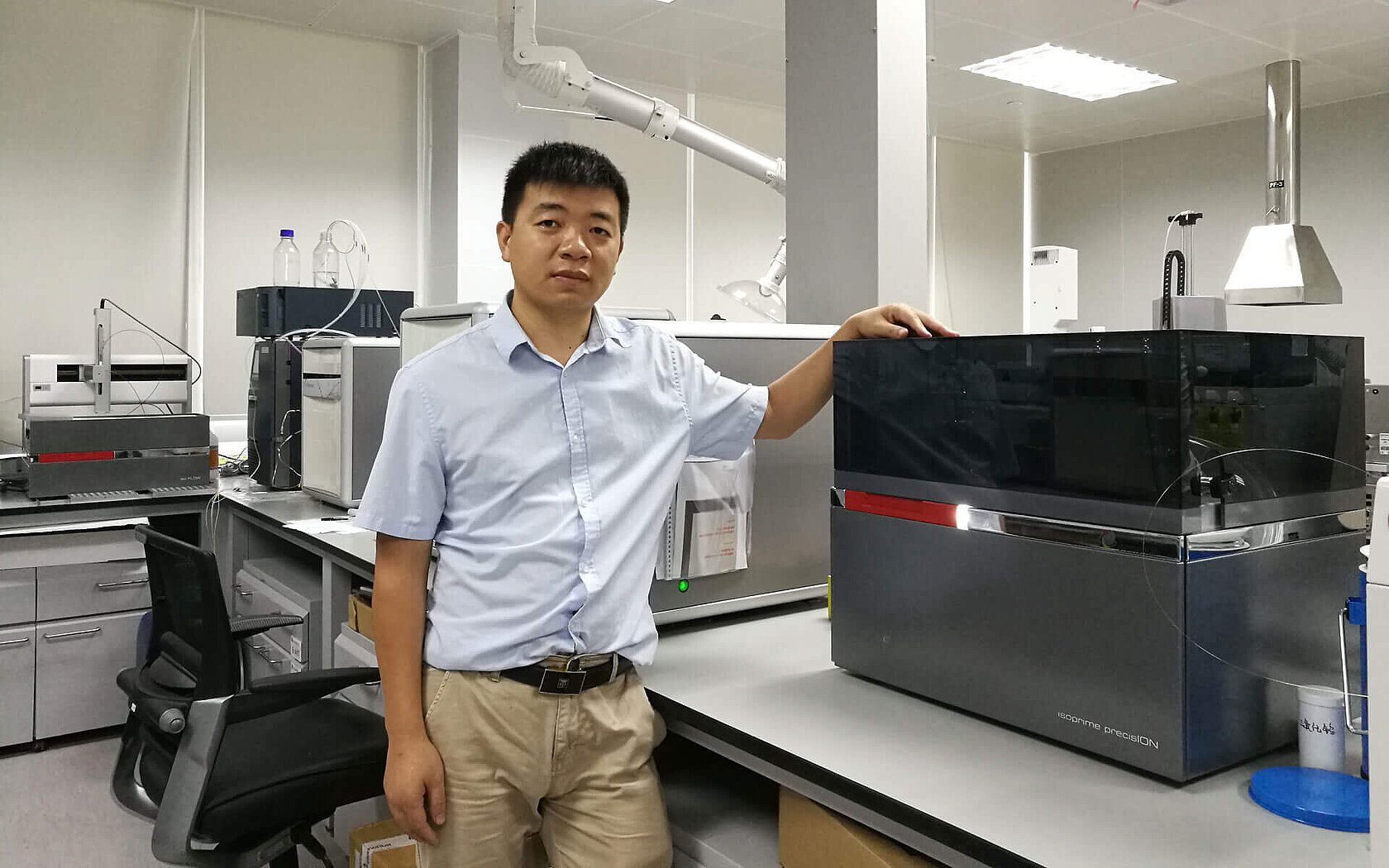
Dr Wu has used IRMS equipment from Elementar throughout his career. Whilst undertaking his Masters and PhD studies at Xiamen University he used Elementar instruments and so it was a straightforward decision to choose IRMS equipment from Elementar for the Shenzhen Customs Laboratory. The laboratory has installed a new isoprime precisION IRMS instrument equipped with a vario ISOTOPE select,vario PYRO cube®, GC5 iso FLOWand iso CHROM® LC.So far, Dr Wu has made extensive use of the EA-IRMS configuration and has been impressed with the stability of the system and the ease-of use. In particular, Dr Wu has been impressed with ionOS® (former version of lyticOS® Software Suite) which he believes has made a big improvement to his laboratory.
Using stable isotope analysis as well as other techniques, the laboratory has established the first stable isotope database of wine in China. This database is crucial to be able to perform traceability and authenticity studies on Chinese and other imported wines and Dr Wu has been very interested to investigate Elementar’s new software, ArDB which makes it simple to create, manage and use databases of analytical results.
The laboratory performs a broad range of analysis such as C3 & C4 sugar adulteration of honey, sucrose addition to fruit juices and the adulteration of sparkling wines and brandy. As well as this, the lab has worked to develop new methods for the traceability and authenticity of Traditional Chinese Medicines (TCM). The use of TCM is becoming more popular within China and with so much importance of TCM placed on the origin of ingredients and being authentic, there is a role for stable isotope analysis to validate such claims protecting the consumer.
About his laboratories use of Elementar IRMS equipment, Dr Wu had this to say:
Elementar has provided excellent instruments to my laboratory and the great support of the local Elementar China engineers has been very important to successfully analyze the 5,000 samples per year that we have passing through the laboratory. In particular, the ionOS software is very impressive and makes running the instruments very simple and efficient making my life much easier than other IRMS software used by other manufacturers.
About the Technical Centre of Food Inspection and Quarantine
Instrumentation installed: | isoprime precisION IRMS (2018)
|
Address: | Technical Centre of Food Inspection and Quarantine, Shenzhen Customs Qianhai Shenzhen-Hong Kong Alcohol Testing Center, 518045, Shenzhen, Guangdong, China |
Contact details: | Email: whakyo@foxmail.com WeChat: whakyo |
